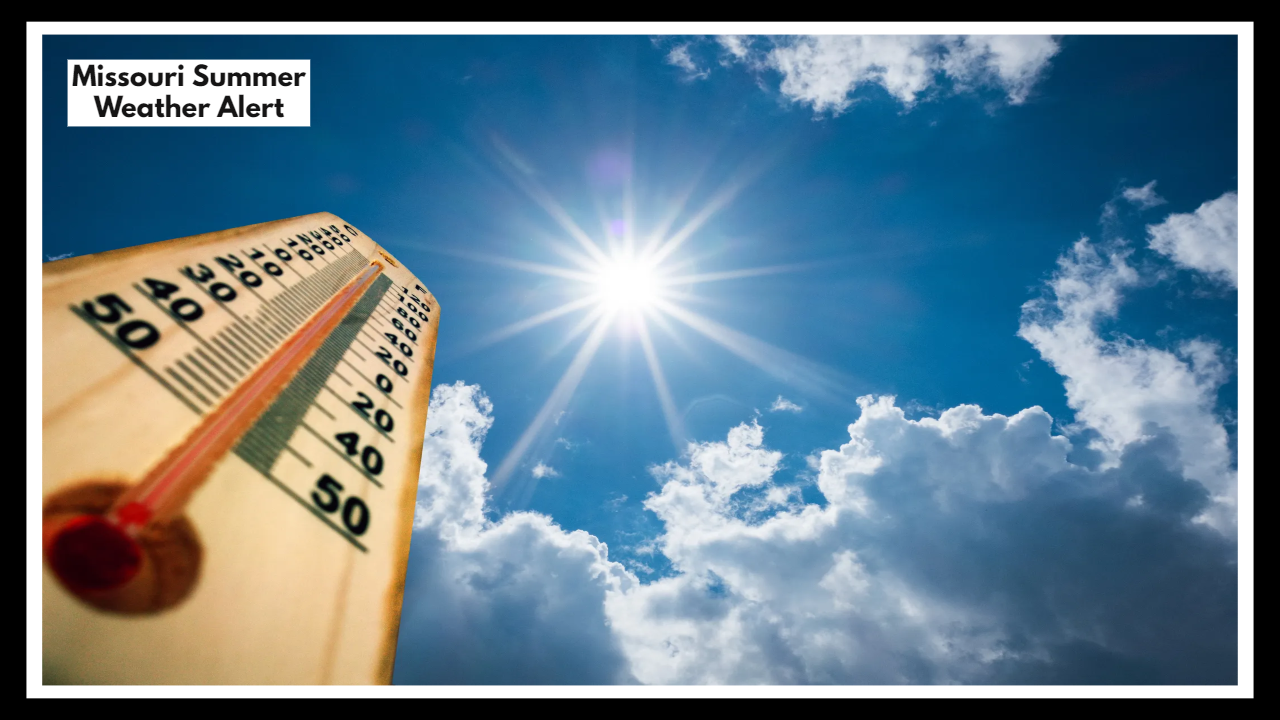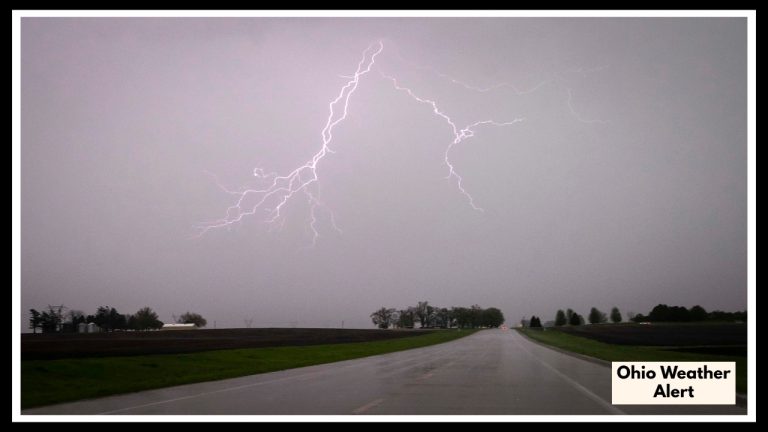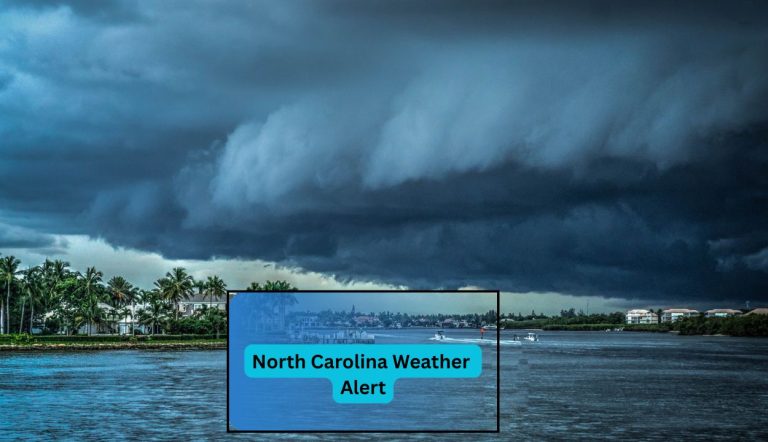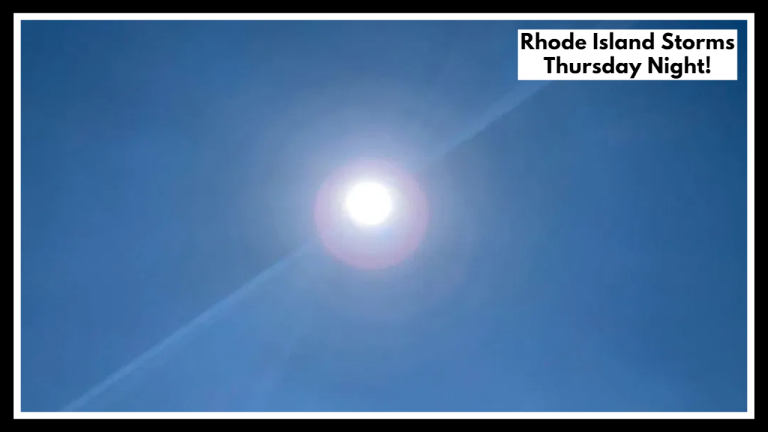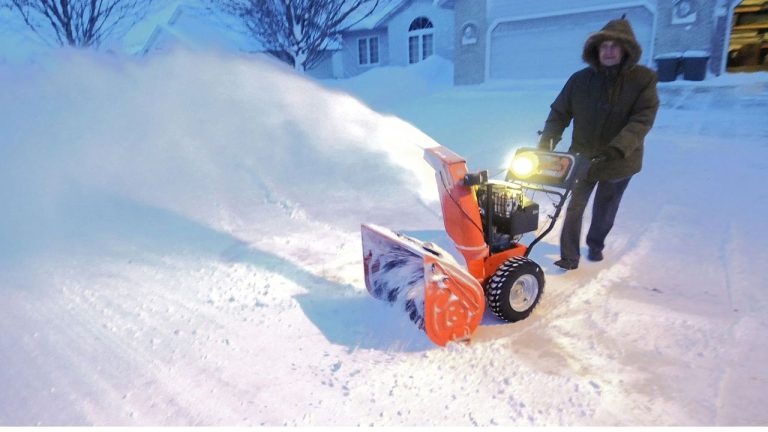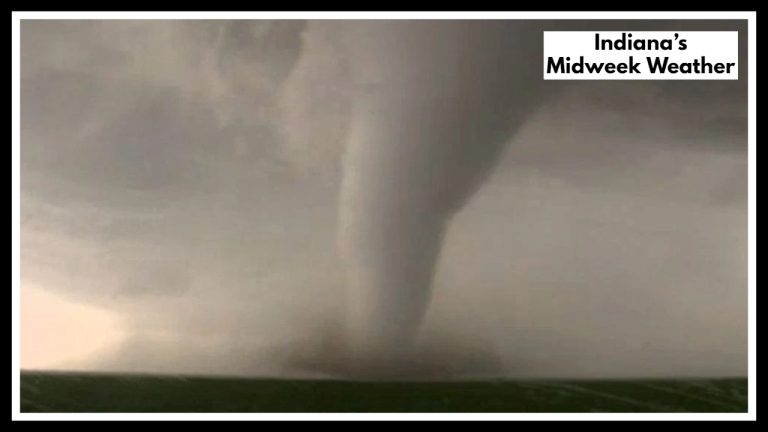Missouri Summer Weather Alert: Why Experts Say This Heat Wave Isn’t Just ‘Typical’
It’s only June, but summer is already turning serious across Missouri. The latest Missouri Summer Weather Alert has Kansas City on high alert as dangerous heat builds across the region. Forecasters warn that the heat index could approach 100°F again by Tuesday afternoon, making it feel stifling outside — even if the thermometer doesn’t quite show it.
What makes this stretch of weather especially risky isn’t just the high temperatures. It’s the combination of heat, humidity, and limited overnight cooling that has public health officials and meteorologists urging caution. When the air is thick and the breeze barely moves, it becomes harder for your body to cool down — and that’s when heat-related illness becomes a real concern.
Why the Missouri Summer Weather Alert Deserves Attention
Kansas City is expected to stay in the mid-90s through much of the week, with humidity pushing “feels-like” temps well into dangerous territory. This Missouri Summer Weather Alert is part of a broader pattern known as a heat dome, which traps hot air near the surface and leaves little room for relief — even at night, when temperatures will barely dip below 78°F.
People working outside, the elderly, kids, and those without reliable AC are most at risk. And because the heat is building up day after day, the impact is cumulative. Even healthy adults can feel the toll — headaches, fatigue, nausea — signs that the body is struggling to cope.
Add in a slight chance of afternoon storms (which may cool things briefly but also bring gusty winds or lightning), and you have a summer forecast that demands a little extra planning and awareness.
What You Can Do Right Now
-
Stay hydrated — Water is your best defense, even if you’re just running errands.
-
Plan around the heat — Try to avoid being outdoors between 10 a.m. and 4 p.m.
-
Check on neighbors, especially those who are older or living alone.
-
Don’t leave kids or pets in vehicles, even for a short time — temperatures rise fast.
-
Listen to your body — If you feel dizzy or drained, it’s time to find shade or AC.
This isn’t about being dramatic. It’s about being prepared. The Missouri Summer Weather Alert is here because the heat is real — and it can be dangerous if ignored.
FAQ About Missouri Summer Weather Alert
1. What’s the deal with the Missouri Summer Weather Alert?
Think of it as a heads-up from the weather folks: the heat this week isn’t just your typical summer warmth. We’re talking heat index numbers close to 100°F, which means it’s going to feel much hotter than what the thermometer says. The air is heavy with humidity, and that makes it harder for your body to cool down — so this alert is about keeping people safe, not just informed.
2. How long is this heat wave expected to stick around?
Unfortunately, we’re in for a stretch of several hot and sticky days. Starting Monday and especially through Tuesday, Kansas City is looking at highs in the mid-90s, but it’ll feel even hotter. Even at night, temperatures will barely drop into the upper 70s, so the heat kind of builds up. Plan for a warm week — and take it day by day.
3. Who should be most careful in this kind of heat?
Everyone needs to be cautious, but a few groups are especially at risk:
-
Seniors and young kids
-
Folks with health conditions
-
Anyone without air conditioning
-
People working or exercising outside
If you know someone who might fall into one of those groups, maybe give them a quick call or check in. A small gesture can go a long way.
4. How do I know if the heat is affecting me or someone else?
It can sneak up on you. Watch for:
-
Feeling dizzy or lightheaded
-
Headaches, nausea, or weakness
-
Skin that feels hot — or worse, dry when it should be sweaty
-
Fast heart rate or confusion
If someone stops sweating, gets confused, or passes out — that’s an emergency. Call for help right away.
5. What are some simple things I can do to stay cool and safe?
Here’s what health experts (and seasoned Missourians) suggest:
-
Drink water all day long — don’t wait until you’re already hot or thirsty
-
Avoid the outdoors during the hottest hours, usually 10 a.m. to 4 p.m.
-
Wear light, loose clothes, and stay in the shade or A/C when you can
-
Don’t forget pets and neighbors — they need help too
-
If you don’t have access to A/C, try libraries, malls, or cooling centers

